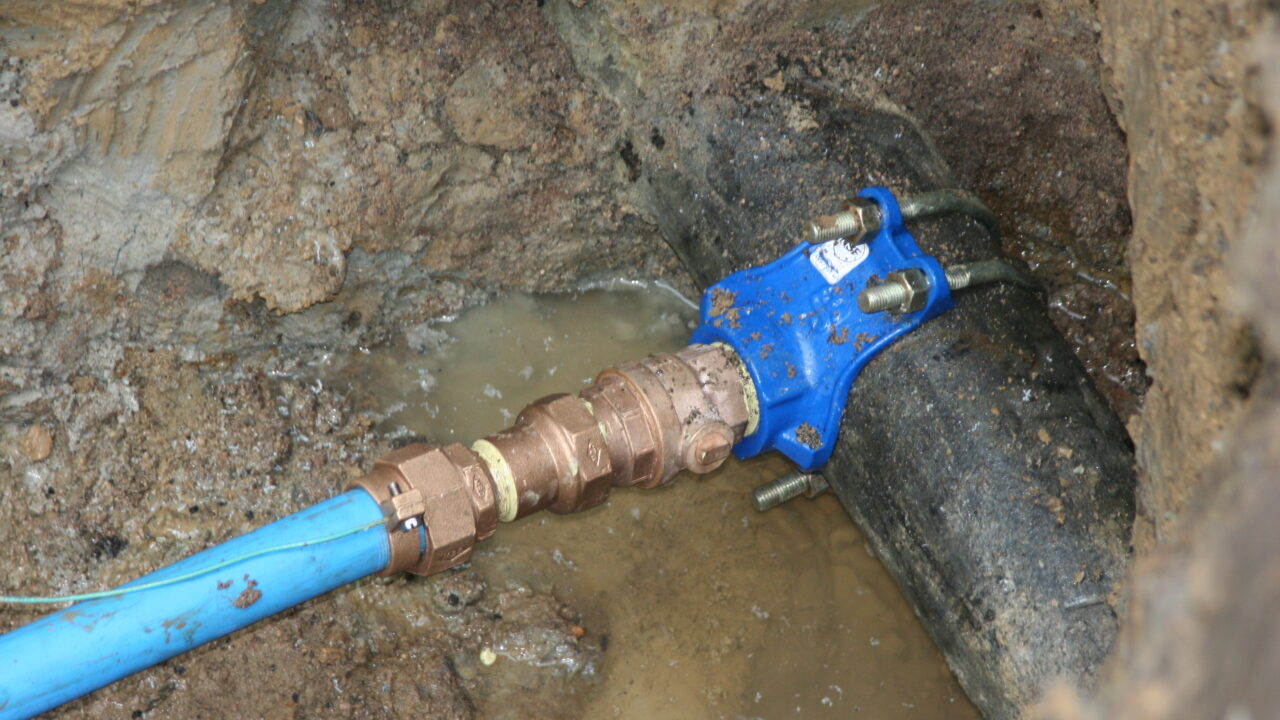A swimming ban at a number of beaches in Dublin at the weekend because of contamination – that was initially thought to be connected to overflow from a waste water treatment plant – resulted in questions being raised in the Dáil this week about the country’s “dilapidated water infrastructure”.
Sinn Féin’s deputy Eoin ÓBroin told Dáil proceedings on June 25 that it was his understanding that the programme for Government commits to implementing plans set out by Irish Water to upgrade the country’s dilapidated water infrastructure, including waste water treatment plants.
“The state is facing infringement proceedings from the European Commission due to its failure to invest adequately in our waste water treatment facilities,” he continued.
“Where are these proceedings at? What is the Government doing to avoid significant EU fines; and when will our rivers and beaches be safe, clean and fully compliant with EU law?”
‘Extreme weather events’
Responding to the deputy’s concerns, Minister of State for Housing and Urban Development Damien English said there were “ongoing discussions” in Europe with regard to water quality and he had proposed that – over the next couple of years – €2 billion be spent upgrading the infrastructure in affected areas in Ireland.
The minister then moved to reassure those present that the ban enforced in the capital last weekend had merely served as a “precautionary measure”.
We are all conscious of what happened here with that extreme weather event on Sunday evening and into Monday night that caused the problem.
He continued: “Storm water feeds into our sewerage system as well and this is a historic issue that we are trying to address.
“Again, capital works are underway that will help solve that but, naturally, the two local authorities involved are working together with the EPA to see whether any interim measures can be taken to prevent and deal with this.”
